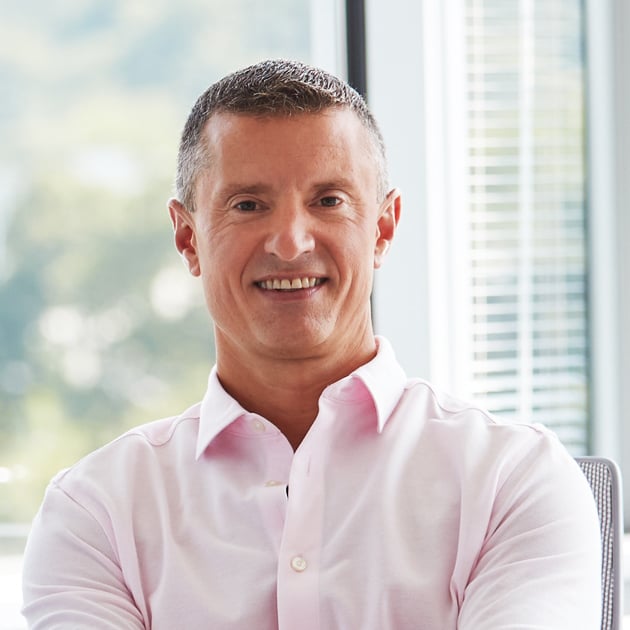1 min read
Giving advisors an edge in managing client relationships
 Darren Tedesco
:
Jan 19, 2022 1:58:41 PM
Darren Tedesco
:
Jan 19, 2022 1:58:41 PM

Advisor360° President Darren Tedesco discusses how advisors use technology to establish and maintain relationships across large and small accounts at every stage of their clients’ financial life cycle.
Video transcript
Chip Kispert: If you look at business models, one of the things we're seeing out there with large RIAs, large advisers, is really trying to get their arms around “how do we take care of our largest and most profitable relationships, those above a million, above two million, whatever that may be, that need more services?” Versus those smaller accounts that maybe are not as profitable but are important to future growth. How do you balance? That's a lot of technology, how do you manage these different clients?
Darren Tedesco: Yeah, that comes back to that dial, right? The technology-enabled advisor, so, if you have the technology that's built the appropriate way, the advisor can dial it all the way where the client can control almost the entire experience.
Yet, at some point that client, whether through having kids, whether through inheriting money, whether through employee stock options, striking it rich there, life circumstances evolved and that client might also need to start spending more time with the advisor and less time with the technology. So you’ve got to have that dial in place. You want that dial turned probably very far to the left, if you will, where the client controls a lot of that early on in their careers.
And it's important for the advisor to establish that relationship, and establishing the relationship can actually happen through the technology. People often think, “they're just using that technology and they're not really connected to me at all.” Well that technology is an extension of the advisor and the broker-dealer's brand. And so it's important to have that happen early on.
And then, ultimately, as that client's life becomes more complicated, that dial gets turned more to the right where they need the advisor more. And generally, advisors also charge more when it gets to that.
Chip: They typically do.
